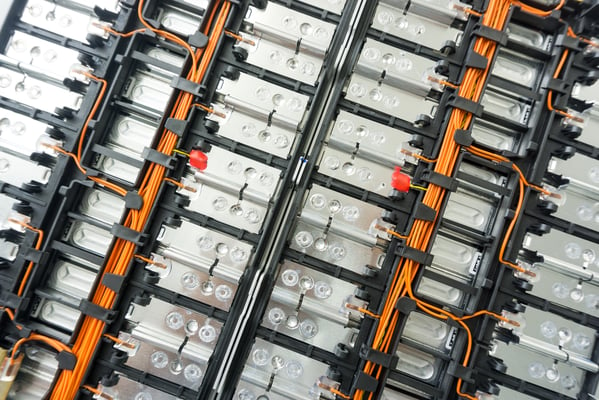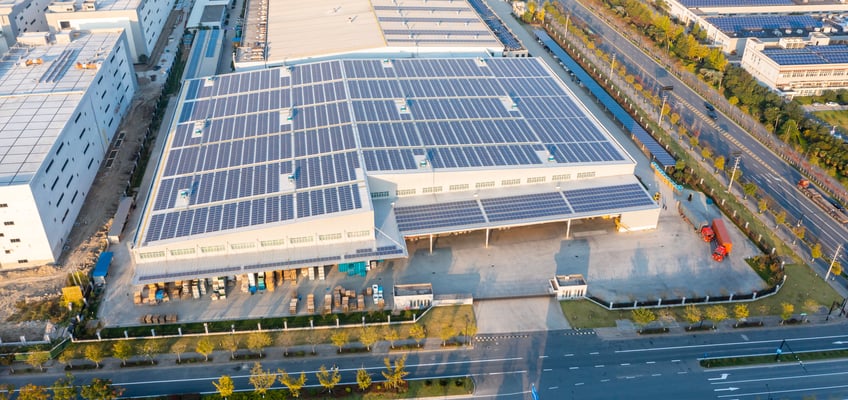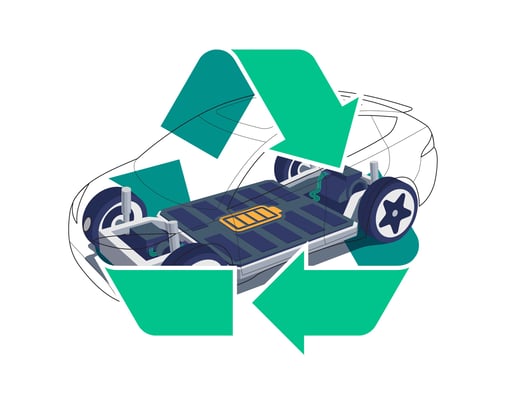
Why is Norway a good place for a battery energy storage company?
Battery energy storage systems are becoming more and more common, not only as frequency- and grid regulators in-front-of-the-meter, but also as behind-the-meter solutions for as diverse businesses as commercial buildings and agriculture.
The technology is developing at a high speed, and the deployment of battery energy storage systems is becoming the norm. Norway is an ideal country to be situated as a battery energy storage company.
Ambitious plans for electrification
Norway has ambitious plans to electrify its transportation sector, reduce greenhouse gas emissions, and increase the share of renewable energy in the energy mix. These plans have created a high demand for energy storage solutions, including battery energy storage systems, to help balance the intermittent nature of renewable energy sources and ensure a stable energy supply.
One of the key initiatives driving Norway's transition to renewable energy and electrification is the government's target of achieving net-zero greenhouse gas emissions by 2050. To achieve this goal, the government has implemented a range of policies and incentives to promote the adoption of electric vehicles, renewable energy sources, and energy-efficient buildings.
Read about the future of resources in the battery industry here.
As part of this transition, Norway has also set ambitious targets for the electrification of its transportation sector. The government aims to have all new cars sold in Norway be zero-emission vehicles by 2025, and to have all new heavy-duty vehicles be zero-emission by 2030. There is also a heavy investment happening, to create a charging infrastructure that supports the transition, including fast-charging stations along highways and in urban areas.
Battery energy storage systems can help balance the intermittent output of renewable energy sources, such as wind and solar power, and ensure a stable supply of electricity to support the electrification of the transportation sector and other energy-intensive industries.
Read more about why batteries play a crucial role when energy systems change.
Skilled workforce and innovation ecosystem
The workforce of Norway is highly educated with a strong background in science, engineering, and technology. This is due in part to the country's focus on education, which has resulted in a high proportion of the population having a tertiary degree. The education system emphasizes practical skills and hands-on learning, which is particularly relevant to the energy sector, where technical skills are essential.
Also, Norway has a strong innovation ecosystem with several research institutes and universities focused on energy and sustainability. These institutions provide a wealth of expertise and knowledge in areas such as battery technology, renewable energy, and smart grid systems. They also provide opportunities for collaboration and partnerships between industry and academia, which can lead to innovative solutions and new products.
Favourable regulatory environment
The government has introduced several policies and incentives to promote the development of the energy sector, including policies and incentives to promote the deployment of energy storage solutions like battery energy storage systems.
These policies and incentives are designed to encourage companies to invest in energy storage and to promote the development of a more sustainable and secure energy system.
One of the main policies is the support for research and development of energy storage technology.
The Norwegian Research Council has established several programs to support the research and development of energy storage technology.
Enova provides financial support for renewable energy and energy efficiency projects, including energy storage systems. This can include support for feasibility studies, pilot projects, and full-scale implementation of energy storage systems.
These policies and incentives have been effective in promoting the deployment of energy storage solutions in Norway. They have helped to create a favourable environment for companies to invest in energy storage and have supported the development of innovative energy storage technologies. As a result, Norway has emerged as a leader in energy storage, with several successful energy storage companies operating in the country.
Abundance of use cases
Norway has a significant number of remote areas where the electricity grid is not available or is not reliable. These remote areas include islands, mountain cabins, and coastal communities, among others. In these areas, energy storage solutions are highly valuable as they can provide a reliable and sustainable source of backup power.
One of the most significant applications for energy storage solutions in remote areas is to support the use of renewable energy sources, such as wind and solar power. These renewable energy sources can provide a sustainable and environmentally friendly source of electricity, but their output is highly dependent on weather conditions. Energy storage solutions can help to smooth out the variability in the output of these renewable energy sources, making them more reliable and stable.
Another important application for energy storage solutions in remote areas is to provide backup power in case of power outages. In many remote areas, power outages are common due to factors such as severe weather conditions, equipment failures, or maintenance issues. Energy storage solutions can provide a reliable and stable source of backup power during these outages, ensuring that critical services such as hospitals, schools, and communication networks can continue to operate.
Read more about the past and the future of the electricity grids.
Overall, Norway's ambitious plans for electrification and transition to renewable energy sources have created a significant demand for energy storage solutions, including battery energy storage systems. These systems are critical to ensuring a stable energy supply and supporting Norway's goal of achieving net-zero greenhouse gas emissions by 2050. In combination with a skilled workforce and an abundance of use cases, this makes Norway a good place for a battery energy storage company.




